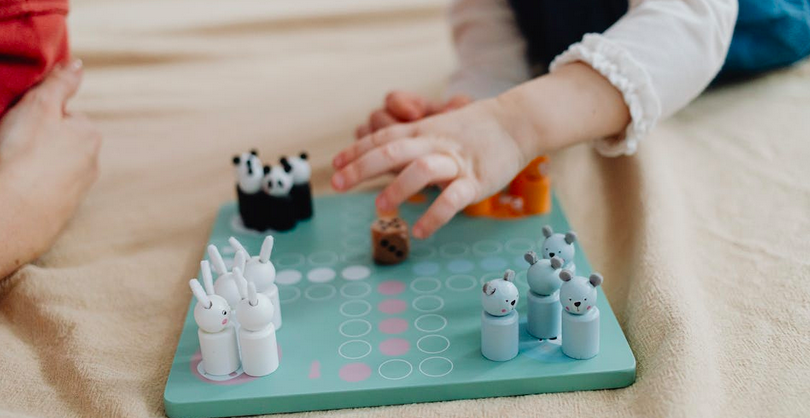
Kids Games for Good Communication Skills
Games and play are an essential part of childhood and can have a significant impact on a child’s good communication skills and their social skills. Games provide children with the opportunity to interact with their peers, practice communication and cooperation, and learn about taking turns and sharing. They also help children develop problem-solving skills, as they often have to work together to come up with solutions to challenges presented by the game.
It Helps Emotions
Playing games can also help children learn about emotions, as they often involve different scenarios that require children to express and recognize different emotions. This can help children develop empathy and emotional intelligence, which are important skills for building and maintaining relationships.
In addition, games can help children learn about teamwork on top of good communication skills. They can also help children develop leadership skills, as they often have to take charge and make decisions in order to guide the group towards a common goal.
Social Skills Benefit Too
Overall, games and play are an important part of a child’s development and can have a positive impact on their social skills. They provide children with the opportunity to practice communication, cooperation, and problem-solving, and help them develop important emotional and leadership skills.
-
- Board games: Board games are a great way for children to learn how to interact with others, take turns, and follow rules. They also encourage strategic thinking and problem-solving skills. Some classic board games that are great for promoting socialization include Monopoly, Scrabble, and Life.
Here are some more favorites you may not have heard of:
- Building sets: Building sets, such as LEGO or Mega Bloks, allow children to work together to create structures and environments. They encourage teamwork, creativity, and problem-solving skills.
We love magnetiles with wheels:
- Dress-up clothes: Dress-up clothes and pretend play can help children learn about different roles and occupations, and also encourage them to express themselves and communicate with others.
These animal masks are great for parties or when your kids have a playdate. Everyone’s favorite animal is in there!
- Outdoor games: Outdoor games, such as tag, hide and seek, and capture the flag, encourage children to be active and engage with their peers. They also promote teamwork and socialization.
These hide and seek cards promote cognitive skills like categorizing as well:
- Dolls and action figures: Dolls and action figures allow children to engage in imaginative play and create scenarios and storylines. This type of play helps children learn about different emotions and social situations, and also encourages them to work on good communication skills and interact with others.
Animal figures allow for lots of imaginative play:
- Board games: Board games are a great way for children to learn how to interact with others, take turns, and follow rules. They also encourage strategic thinking and problem-solving skills. Some classic board games that are great for promoting socialization include Monopoly, Scrabble, and Life.


